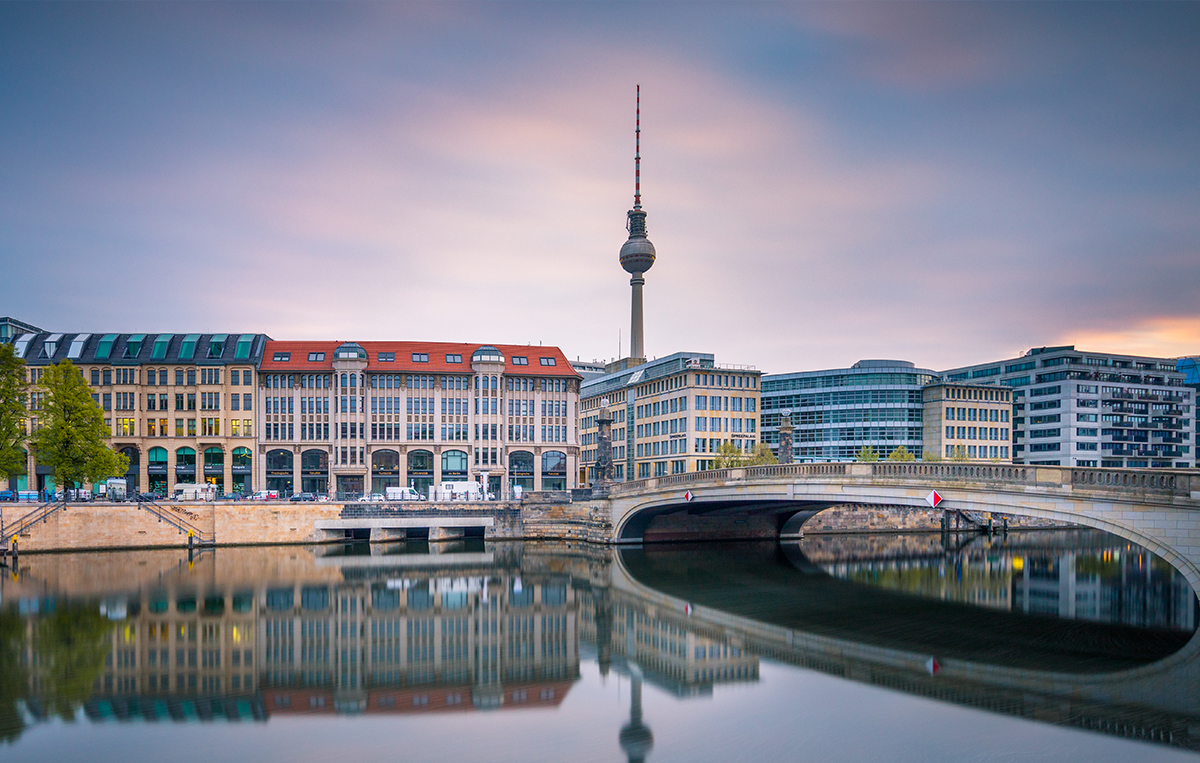The German economy is growing and unemployment levels are at their lowest since German unification in 1990. This has led to a high demand for labor in several industries, jobs and regions. The German government sees the immigration of skilled workers as one way to counter the skills shortage.
We’ve crunched Indeed data to answer three questions: From which countries are job seekers searching for a job in Germany? Where in Germany do they search for jobs? And what jobs are they looking for? We focused on the 10 countries who make up 60% of all inbound searches: United Kingdom, Austria, Switzerland, USA, France, Poland, Italy, Netherlands, Spain and Croatia
Here are the highlights:
- The United Kingdom, Austria and Switzerland are the top three countries that make up most of the inbound searches.
- Having EU membership, being a German neighbor, and speaking German seem to be the key indicators for cross-border job searches. Most foreign job seekers who search for jobs in Germany enjoy the freedom of movement for workers in the European Union and are from neighboring states. And in Austria and Switzerland, German is the national language.
- Berlin, Munich and Frankfurt am Main are the German cities that receive the most interest from foreign job seekers. Cities close to a border account for a bigger share of foreign job seeker interest. What’s more, cities that are more popular with tourists also draw more jobseekers.
- The states of Berlin, Bavaria and Hamburg draw the most foreign job seekers.
- We don’t see a spike in British searches for finance jobs in the wake of Brexit. While job seekers from the UK are searching for jobs in finance in Germany, this is not unique to them. Jobseekers from most countries neighboring Germany are searching for these kind of jobs in Germany, especially the Swiss.
To read the whole story in German, click here.






